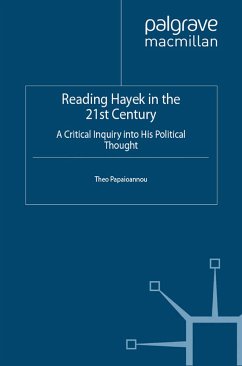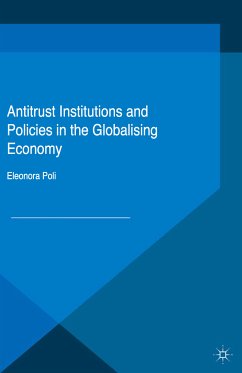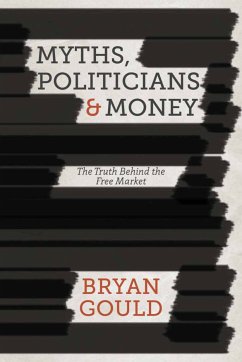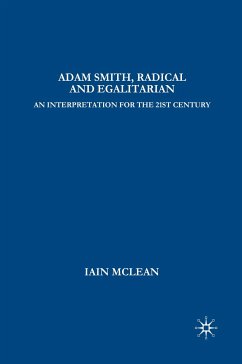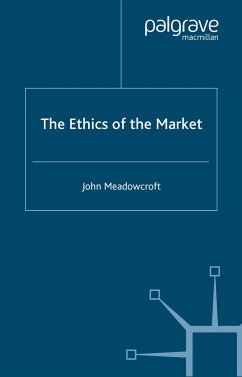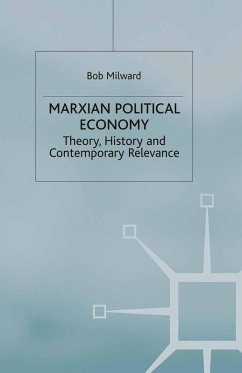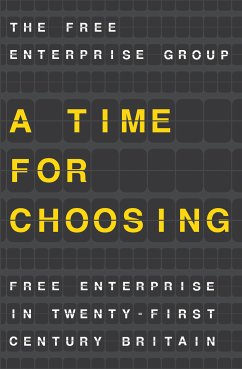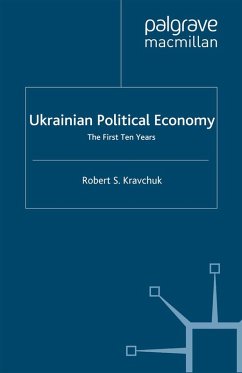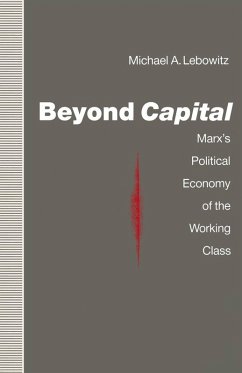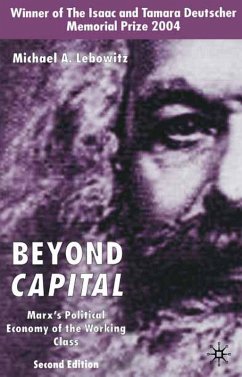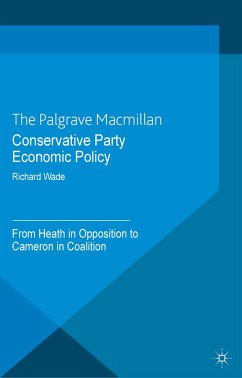
Conservative Party Economic Policy (eBook, PDF)
From Heath in Opposition to Cameron in Coalition
Versandkostenfrei!
Sofort per Download lieferbar
72,95 €
inkl. MwSt.
Weitere Ausgaben:

PAYBACK Punkte
36 °P sammeln!
Covering the period from Ted Heath's assumption of the leadership of the Conservative Party through to the early years of the Coalition, this volume provides a detailed analysis of the Tory Party's Macroeconomic and Microeconomic Policy-Making over the past 50 years providing an historical context for the political and economic events of today.
Dieser Download kann aus rechtlichen Gründen nur mit Rechnungsadresse in A, B, BG, CY, CZ, D, DK, EW, E, FIN, F, GR, HR, H, IRL, I, LT, L, LR, M, NL, PL, P, R, S, SLO, SK ausgeliefert werden.



